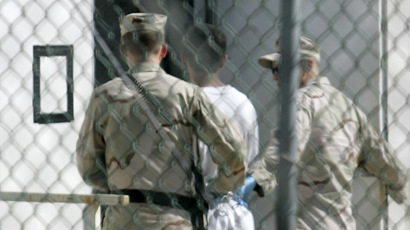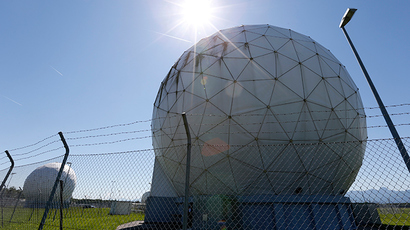Fight against terror should not trump privacy rights – Human Rights Commissioner
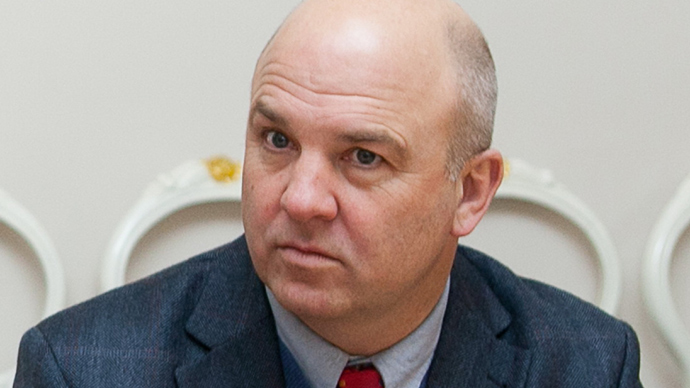
National security concerns, including the fight against global terror, don’t justify US and UK intelligence services’ clandestine and indiscriminate mass surveillance programs, the Commissioner for Human Rights at the Council of Europe has warned.
In a pointed challenge to Britain and America, the Council's Commissioner for Human Rights, Nils Muižnieks, called for increased transparency and more robust democratic oversight of intelligence agencies' surveillance techniques.
He also demanded the terms of ‘Five Eyes’ – a cross-border intelligence-sharing pact between Britain, America, Australia, New Zealand and Canada – be published promptly.
In a landmark report entitled ‘The Rule of Law on the Internet in the Wider Digital World’, Muižnieks said the mass retention of data in the absence of any form of suspicion is “ineffective” and “contrary to the rule of law.”
European Union (EU) member states should not carry out these practices or make data retention by third party organizations or firms mandatory, the report warned.
Muižnieks’ research was published in the wake of Britain’s Investigatory Powers Tribunal (IPT) ruling the legal architecture governing GCHQ mass surveillance is compliant with basic human rights standards.
Read more:GCHQ spying ‘doesn’t breach human rights’ – UK tribunal
But Muižnieks’ report stated otherwise, warning that the revelations first disclosed by former NSA computer analyst and whistleblower Edward Snowden had made it clear that covert and indiscriminate mass surveillance programs breached “European human rights law.”
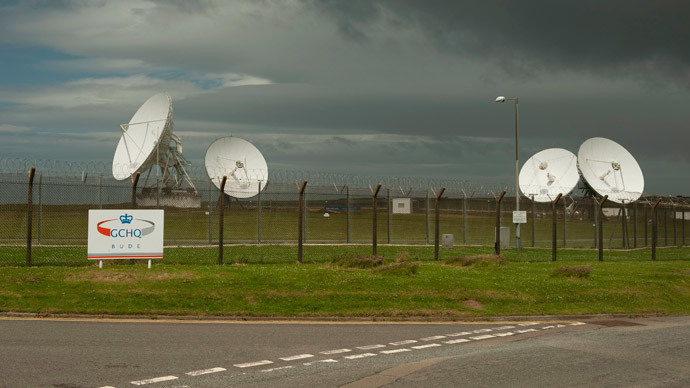
Muižnieks insisted human rights violations relating to such mass surveillance could not be justified “by the fight against terrorism” or other “threats to national security.”
“Such interferences can only be accepted if they are strictly necessary and proportionate to a legitimate aim,” the report stated.
As human rights commissioner, Muižnieks holds the power to intervene in cases referred to the European Court of Human Rights (ECHR). An array of civil liberties groups, which brought the surveillance case against UK intelligence services to the IPT, will appeal the Tribunal’s judgment in the ECHR in the future.
Asked whether he will intervene in the appeal, Muižnieks told the Guardian he was interested in “weighing in” on such surveillance cases. Surveillance has eclipsed the rule of law, producing a democratic deficit in states that must be addressed, he warned.
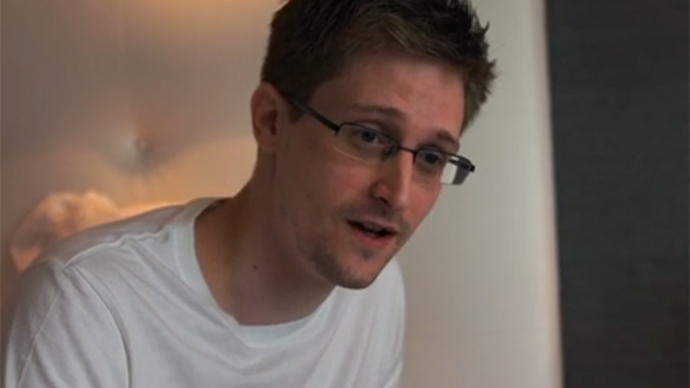
The Commissioner said lax oversight of states’ security practices had facilitated the rise of “black sites, torture and rendition” as well as troubling “revelations” about the invasive nature of mass surveillance. Muižnieks concluded he hopes to influence the Court with respect to these concerns.
Prior to the Commissioners’ report, no substantial case legislation on web-related issues existed. But Muižnieks told the Guardian authorities at the Council of Europe are closely monitoring UK state surveillance.
Britain has a “huge influence on whether or not the rule of law will prevail in the digital environment,” he said.
“All of these data sharing agreements should be as transparent as possible so we can assess the extent to which they are abiding by the law.”
“Our right to privacy has been compromised on a regular basis and on a mass scale. I find that very worrying,” the Commissioner added.
Muižnieks confirmed he expects to visit Britain next year, during a probe into UK authorities’ surveillance techniques.
Reflecting on the IPT’ recent ruling, the Commissioner noted “very few complaints to this tribunal have been upheld in the last few years.” In terms of the IPT’s robustness and independence, this pattern “raises many questions” he suggested.













